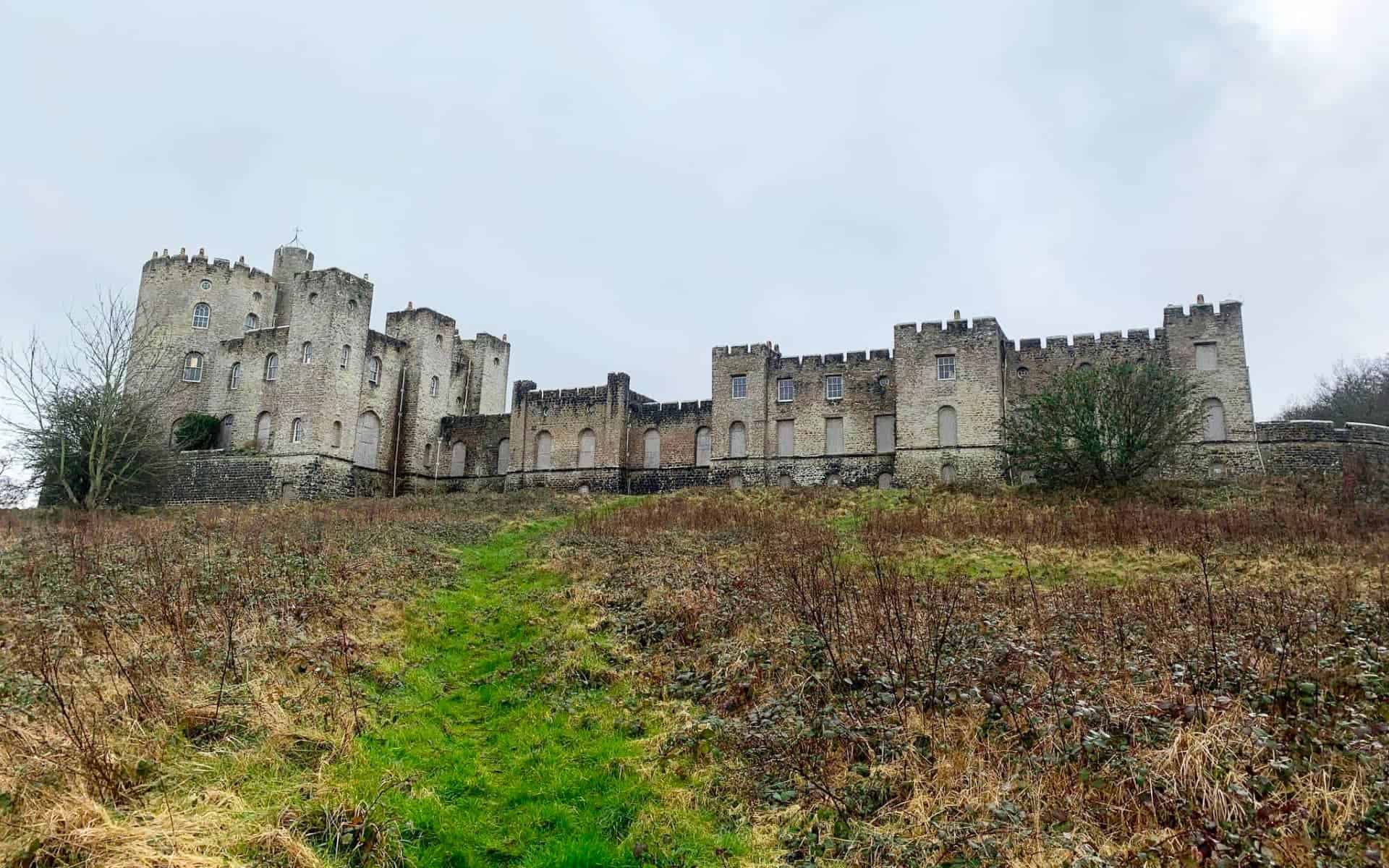After Historic England (HE) branded proposals to turn a dilapidated Isle of Wight castle into a luxury resort as ‘a very poor outcome for such an important place’, developers have responded.
Following years of discussions, plans have finally been submitted for East Cowes’ Grade I listed Norris Castle.
The scheme has mainly been met with negative responses, the latest coming from HE, which anticipates objecting to the application but, in a statement, said it needs more information before it can issue its definite answer.
“Disappointed but not surprised”
Global Technical Solutions (GTS), the company behind developer, Norris Castle Estate Group (NCEG), said it was disappointed by HE’s comments, but was ‘not surprised’.
Meanwhile, NCEG insists it wants to limit further deterioration of the castle, once used by Queen Victoria and Kaiser Wilhelm II, following decades of neglect.
It plans to restore and preserve it, turning it into a ‘year-round heritage and natural environment-led destination’.
Acceptable ‘level of harm’ agreed?
GTS said it thought it had reached an agreement with HE on the acceptable ‘level of harm’ – or the amount of change – to the site, in order to ensure the castle is saved in the long-term.
Conversations have also been taking place about the financial viability of the project, with an independent review agreed by the two organisations.
NCEG argues its proposal for a hotel and spa, and houses on its grounds and on the neighbouring Springhill Estate, is the only viable option and says the repair and conversion plans are estimated to cost more than £107 million.
Temporary custodians of this historical asset
GTS said,
“We would be willing to address any concerns raised by any source in a professional and responsible way.
“We are only temporary custodians of this historical asset and ultimately the responsibility for saving the estate lies with the Isle of Wight Council.
“Maybe we should all be asking what other ‘sustainable future for the estate’ is viable.”
Call for deferral
HE has recommended a decision on the application be deferred, to allow the impact of the proposals to be fully understood and argued, in a letter to the Isle of Wight Council’s planning department, development on the proposed scale envisaged would have a ‘profoundly harmful impact on the estate, losing its unaltered, tranquil character.’
The time for comments on the application has now officially closed, but the Isle of Wight Council has said it will continue to accept responses until the matter is finally discussed by its planning committee members.
This article is from the BBC’s LDRS (Local Democracy Reporter Service) scheme, which News OnTheWight is taking part in. Some alterations and additions may have been made by OnTheWight. Ed





